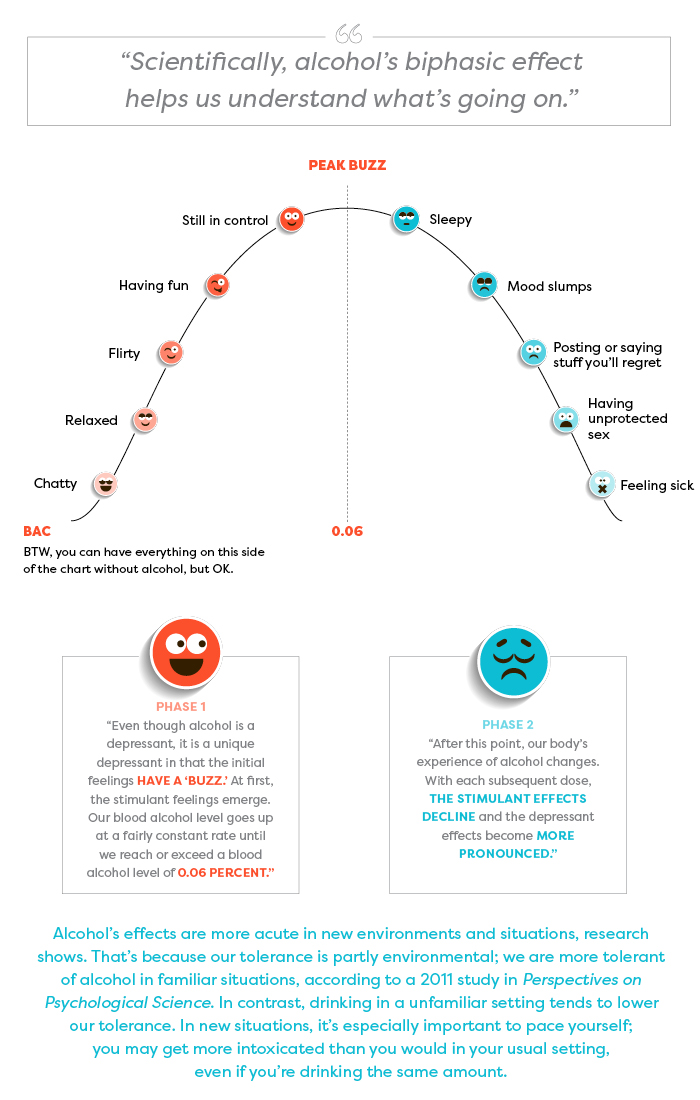Uncover the fascinating link between beer consumption and alcohol intoxication – unravel the science behind the buzz in this post!
Table of Contents
Alcohol consumption has long been a social activity enjoyed by many around the world. However, the question of “how many beers does it take to get drunk?” has puzzled drinkers and researchers alike. In this blog post, we will delve deep into the science behind alcohol metabolism, individual tolerance levels, and various factors influencing intoxication to unravel the mystery.
Alcohol Metabolism
When you consume alcohol, it enters your bloodstream and is eventually metabolized by the liver. The primary enzyme responsible for breaking down alcohol is alcohol dehydrogenase. This enzyme converts alcohol into acetaldehyde, a toxic compound that is then further broken down into harmless acetic acid by aldehyde dehydrogenase. However, the rate at which your body can metabolize alcohol can vary based on several factors.
Individual Tolerance Levels
Have you ever wondered why some people can drink multiple beers without feeling drunk, while others may start feeling the effects after just one drink? Individual tolerance levels play a significant role in how alcohol affects individuals. Genetic factors can influence how efficiently your body processes alcohol, leading to differences in tolerance levels. Additionally, regular alcohol consumption can increase tolerance over time, requiring individuals to drink more to achieve the same level of intoxication.
Factors Influencing Intoxication
Several factors can influence how quickly and intensely alcohol affects your body. One crucial factor is food consumption before drinking. Having a meal before consuming alcohol can help slow down the absorption of alcohol into your bloodstream, potentially reducing the effects of intoxication. The type of alcohol you consume can also impact how drunk you feel. Different beverages have varying alcohol content levels, with spirits typically having a higher alcohol content than beer, leading to faster intoxication.

Image courtesy of www.campuswell.com via Google Images
Conclusion
In conclusion, the question of how many beers it takes to get drunk is a complex one that is influenced by a variety of factors. By understanding the science behind alcohol metabolism, individual tolerance levels, and other influencing factors, individuals can make informed decisions about their alcohol consumption. It is essential to practice responsible drinking habits and be aware of the effects of alcohol on the body. Further research and education on the topic can help promote safe and enjoyable drinking experiences for all.
Join us on this journey as we uncover the science behind alcohol intoxication and beer consumption. By exploring these factors in-depth, we aim to provide you with valuable insights into the effects of alcohol on the body and the importance of responsible drinking. Cheers to understanding the buzz behind alcohol intoxication!
FAQ
How does alcohol metabolism differ between individuals?
Alcohol metabolism can vary based on genetics and regular alcohol consumption. Some individuals may metabolize alcohol more efficiently than others, impacting their tolerance levels and how quickly they feel intoxicated.
Can food consumption affect alcohol intoxication?
Yes, having a meal before drinking can slow down alcohol absorption, potentially reducing the effects of intoxication. Food can help mitigate the impact of alcohol on the body by slowing down the rate of alcohol entering the bloodstream.
Does the type of alcohol consumed affect intoxication levels?
Different alcoholic beverages have varying alcohol content levels. Spirits typically have higher alcohol content than beer, leading to faster intoxication. The type of alcohol consumed can influence how quickly and intensely an individual feels drunk.
How can understanding alcohol metabolism benefit individuals?
Understanding alcohol metabolism can help individuals make informed decisions about their drinking habits. It allows individuals to better comprehend their tolerance levels, adjust their alcohol consumption accordingly, and practice responsible drinking behaviors for a safe and enjoyable experience.
Generated by Texta.ai Blog Automation


Leave a Reply